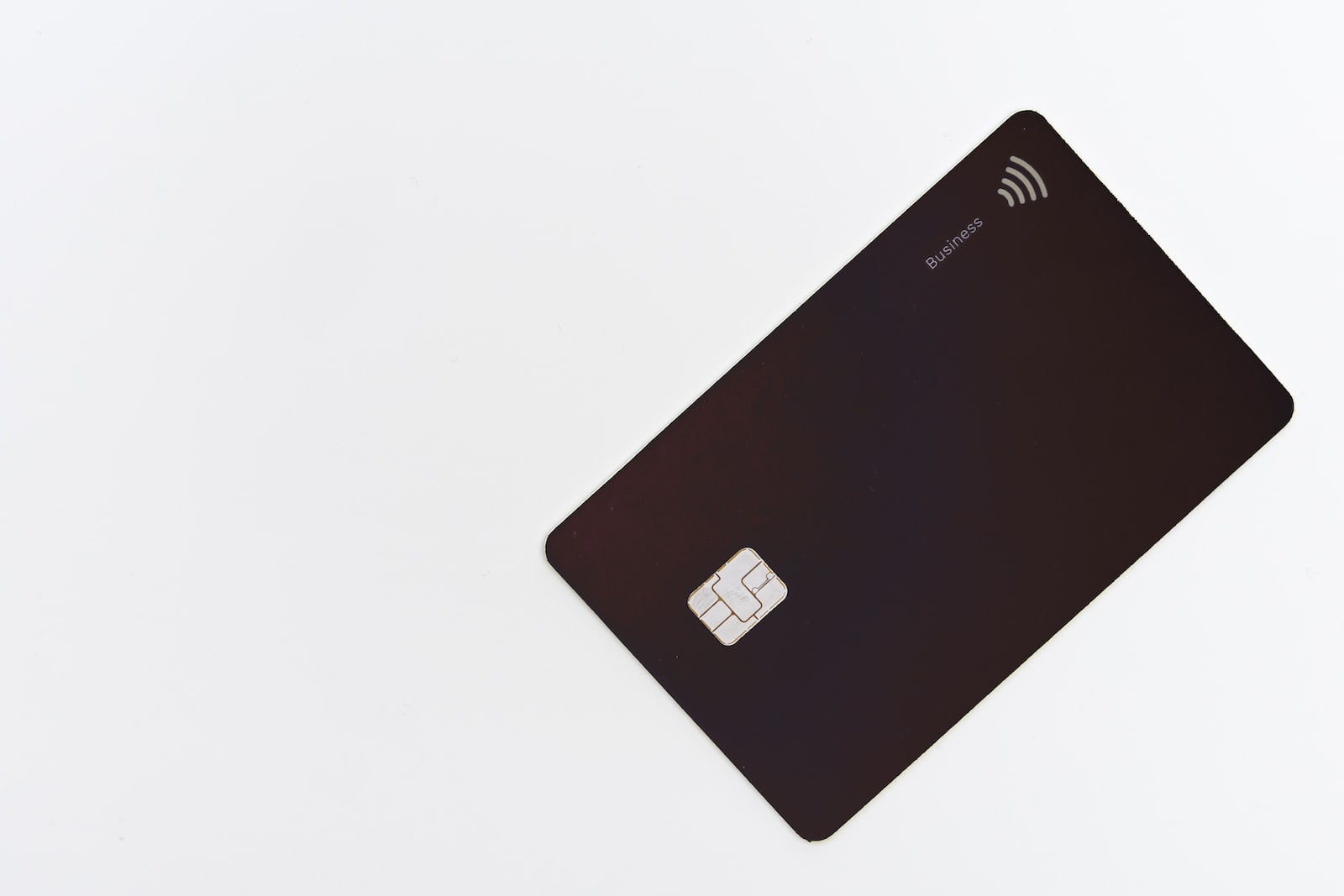Credit cards can be a useful tool to help you make purchases and build credit, but they can also be risky if not used responsibly. In this article, we’ll cover the basics of credit cards, including the pros and cons, how they can impact your credit score, and tips for using them responsibly.
First, let’s talk about the pros of credit cards. They can be a convenient way to make purchases, especially online or when you don’t have cash on hand. Many credit cards also offer rewards, such as cashback, points, or miles for every dollar you spend, which can add up over time. Additionally, using a credit card responsibly and paying off your balance in full and on time each month can help you build a positive credit history, which is important for getting approved for loans, apartments, and other financial products in the future.
However, credit cards also have their cons. They can be tempting to overspend, which can lead to high-interest debt if you can’t pay off your balance in full each month. Credit cards also come with fees, such as annual fees, late fees, and interest charges, which can add up over time. In addition, using too much of your available credit or missing payments can hurt your credit score, making it harder to get approved for loans and credit in the future.
Credit Cards and their impact on your credit score
Now, let’s discuss how credit cards can impact your credit score. Your credit score is a three-digit number that reflects your creditworthiness and how likely you are to repay debt. Credit card usage can impact your credit score in a few ways. First, your credit utilization rate, which is the amount of credit you use compared to your available credit, can impact your score. Using a high percentage of your available credit can hurt your score, so it’s important to keep your credit utilization rate low. Second, missing payments or having a high amount of debt can also hurt your score. It’s important to make at least the minimum payment on time each month and keep your debt levels under control.
Should you get more credit cards to lower your overall usage?
We’ve all received those emails and letters in the mail telling us to get a new card to help reduce our overall credit card usage. The idea is that if you add a new card, your total available credit goes up, thus making your usage lower. For instance, if you have $10,000 in credit now, and are using $5,000 of it, you’re using 50% of your available credit. If you add another card that gives you a limit of $10,000, it will cause your usage to drop down to 25%. You’re still $5,000 in the hole, but your overall usage is down.
This may seem like a good trick, but it is generally not a good idea to get more credit cards just to lower your credit utilization. While having a lower credit utilization ratio can improve your credit score, applying for new credit cards can also have a negative impact on your credit score in the short term. Each time you apply for a credit card, it results in a hard inquiry on your credit report, which can lower your score. Additionally, each new credit card comes with the risk of overspending and accruing more debt. Instead of opening new credit accounts, it’s often better to focus on paying down existing credit card balances and using credit responsibly.
Tips for being responsible with credit cards
Here are some tips for using credit cards responsibly:
- Only use your credit card for purchases you can afford to pay off in full each month.
- Keep your credit utilization rate under 30%.
- Pay your bill in full and on time each month.
- Don’t apply for too many credit cards at once, as this can hurt your credit score.
- Avoid using credit cards to pay for everyday expenses like groceries or gas.
In conclusion, credit cards can be a useful tool for making purchases and building credit, but they come with risks if not used responsibly. Be sure to weigh the pros and cons before getting a credit card and use it wisely to avoid high-interest debt and protect your credit score.









